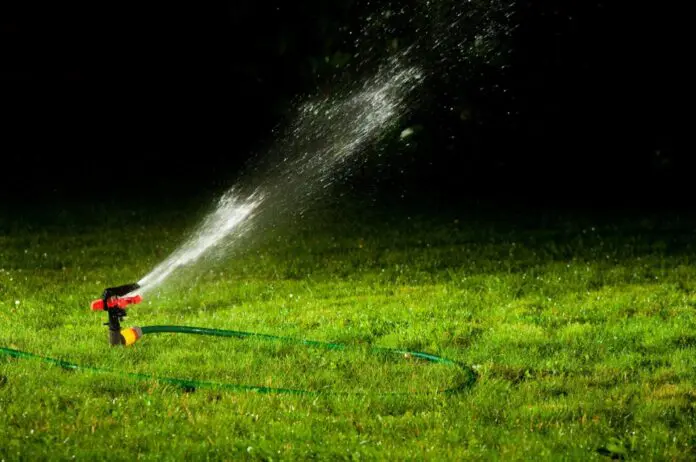
Efficient Lawn Watering: A Guide to Effective Hydration
A lush, green lawn adds beauty to your home, but achieving it requires more than just sporadic watering. Efficient lawn watering is a key aspect of maintaining a healthy, vibrant lawn. In this guide, we’ll explore essential tips and techniques to help you water your lawn effectively and promote its overall well-being.
Understanding Your Lawn’s Watering Needs
Before diving into a watering routine, it’s crucial to understand the specific needs of your lawn. Different grass types, soil conditions, and climates dictate varying watering requirements. Research the type of grass in your lawn and consider factors like soil composition and local weather patterns to tailor your watering approach accordingly.
Establishing a Consistent Watering Schedule
Consistency is key when it comes to watering your lawn effectively. Rather than infrequent deep watering, establish a regular schedule. Watering deeply and less frequently encourages deep root growth, making your lawn more resilient to drought conditions. Aim for 1 to 1.5 inches of water per week, either from rainfall or irrigation.
Choosing the Right Time to Water
Timing plays a crucial role in maximizing the effectiveness of your lawn watering efforts. Watering during the early morning is ideal, as it allows the grass to absorb moisture before the heat of the day. Avoid watering in the evening, as prolonged moisture on the grass overnight can lead to fungal issues. Morning watering also reduces water loss through evaporation.
Investing in a Quality Sprinkler System
A well-designed sprinkler system can simplify and optimize the lawn watering process. Invest in a quality sprinkler that covers your lawn evenly. Consider adjustable sprinkler heads to customize the watering pattern based on the shape and size of your lawn. This investment pays off in water efficiency and ensures every part of your lawn receives adequate hydration.
Calibrating Sprinklers for Even Coverage
Uneven watering can result in patchy and unhealthy areas in your lawn. Calibrate your sprinklers to ensure they provide uniform coverage. Perform regular checks to identify and address any issues, such as clogged or misaligned sprinkler heads. Adjust the watering pattern to prevent overwatering certain areas and underwatering others.
Monitoring Soil Moisture Levels
Understanding the moisture levels in your soil is crucial for effective lawn watering. Invest in a soil moisture meter to regularly assess the soil’s hydration. This tool helps you avoid overwatering or underwatering by providing real-time information about the soil’s moisture content. Adjust your watering schedule based on these readings.
Implementing Water Conservation Practices
In regions where water conservation is a concern, adopting water-efficient practices becomes imperative. Consider incorporating rain barrels or other water-saving devices into your lawn care routine. Collecting rainwater for later use is an eco-friendly and cost-effective way to supplement your lawn’s hydration needs.
Practicing Proper Watering Techniques
How you water your lawn matters just as much as when you water it. Aim to water in a way that mimics natural rainfall, allowing the water to penetrate the soil gradually. Avoid fast and heavy watering, which can lead to runoff and water wastage. Slow and steady watering encourages optimal absorption.
Adjusting Watering During Extreme Conditions
Extreme weather conditions, whether it’s a heatwave or heavy rainfall, require adjustments to your watering routine. During periods of high temperatures, you may need to increase the frequency of watering. Conversely, reduce watering during rainy spells to prevent waterlogging. Stay vigilant and adapt your watering strategy based on the immediate weather conditions.
Implementing Lawn Care Practices for Water Efficiency
Complementing efficient watering with proper lawn care practices enhances water efficiency. Regularly aerate your lawn to improve water penetration and nutrient absorption. Mow your grass at the recommended height to promote healthy root development and reduce water evaporation. Implementing these practices contributes to a well-hydrated and resilient lawn.
Explore More Lawn Care Tips
For additional insights into watering your lawn effectively and maintaining a healthy, vibrant landscape, visit Water Your Lawn Effectively. This resource offers detailed guidance, safety tips, and additional information to empower you in achieving optimal lawn hydration. Implementing these strategies ensures a beautiful and sustainable lawn that enhances the overall appeal of your home.










